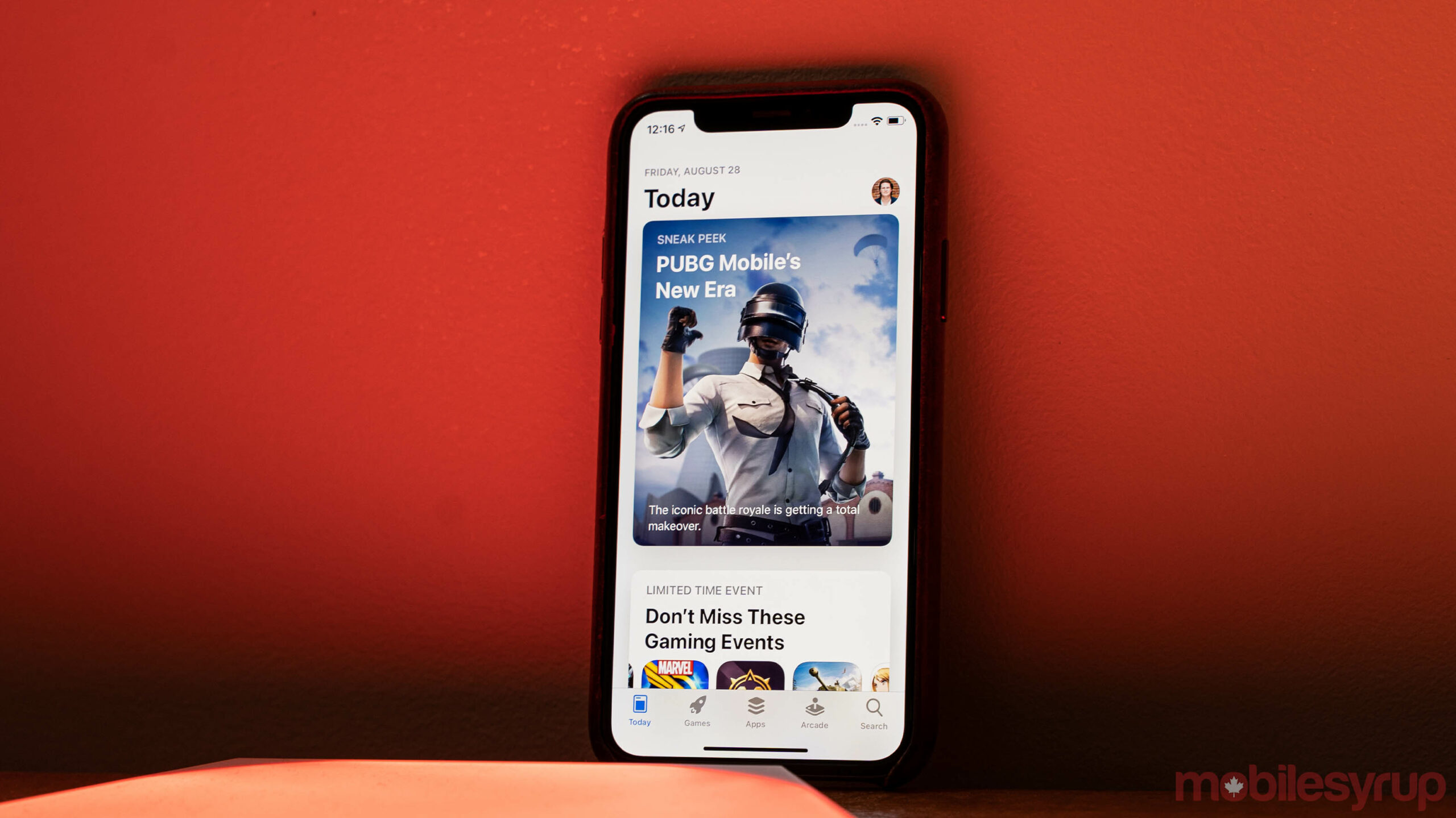It’s nearly impossible for a developer outside of China to obtain an ISBN license from the government

Apple has removed roughly 46,000 apps, including 39,000 games, from the Chinese App Store
According to Reuters, all apps that don’t have an ISBN (International Standard Book Number) from the Chinese government have been pulled from the store. Several notable western-developed titles are part of the culling, including Assassin’s Creed Identity and NBA 2K20.
To put this in perspective, only 74 of the top 1,500 paid games remain in the Chinese version of the App Store. Apple cracked down on apps that weren’t approved by China’s National Press and Publication Administration (NPPA), pulling roughly 30,000 apps and games from the App Store, according to Bloomberg.
It’s nearly impossible for a developer outside of China to obtain an ISBN license from the government, resulting in most companies partnering with a Chinese developer/publisher to release their titles in the country. A great example of this is the iQue Player console Nintendo released in partnership with China-based company iQue back in the early 2000s.
Apple previously allowed developers to publish titles in China while waiting for NPPA approval. The Financial Times says the tech giant warned developers that if they didn’t obtain an ISNB license from the NPPA by June 30th, they wouldn’t be able to update their titles. Then, Apple told developers that games would be banned or removed after July 31st if they still didn’t have a license. This date was extended to December 31st, resulting in the second purge.
It’s unclear why Apple has opted to follow the Chinese government’s regulations more stringently, but this moves the tech giant’s mobile App Store in line with other companies that operate Android app stores, including Chinese tech giants like Tencent and Huawei.
Source: Reuters

